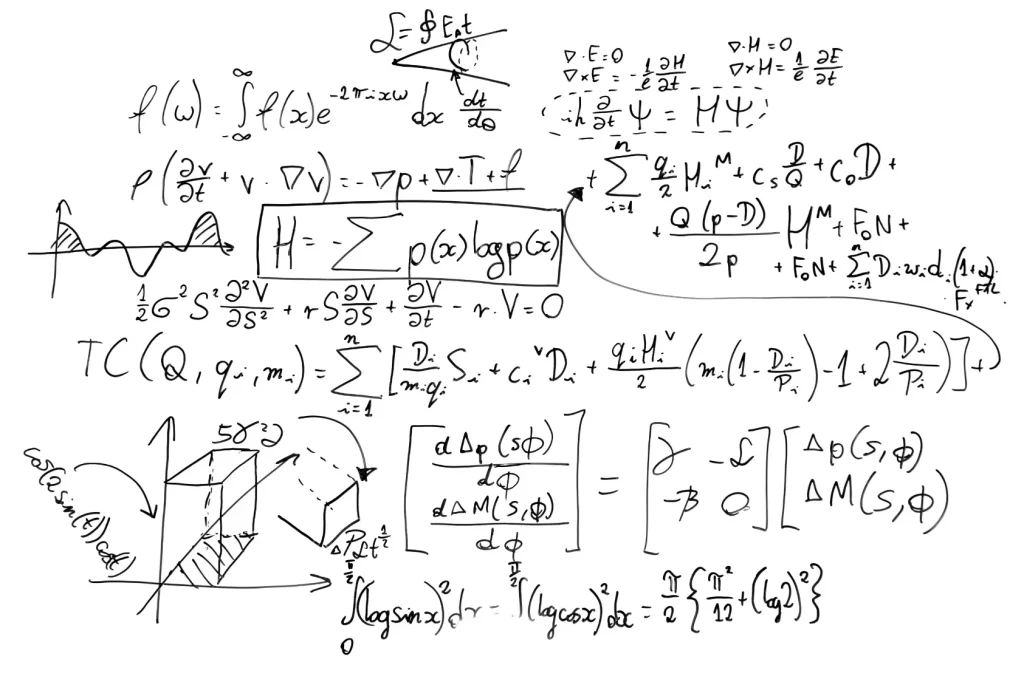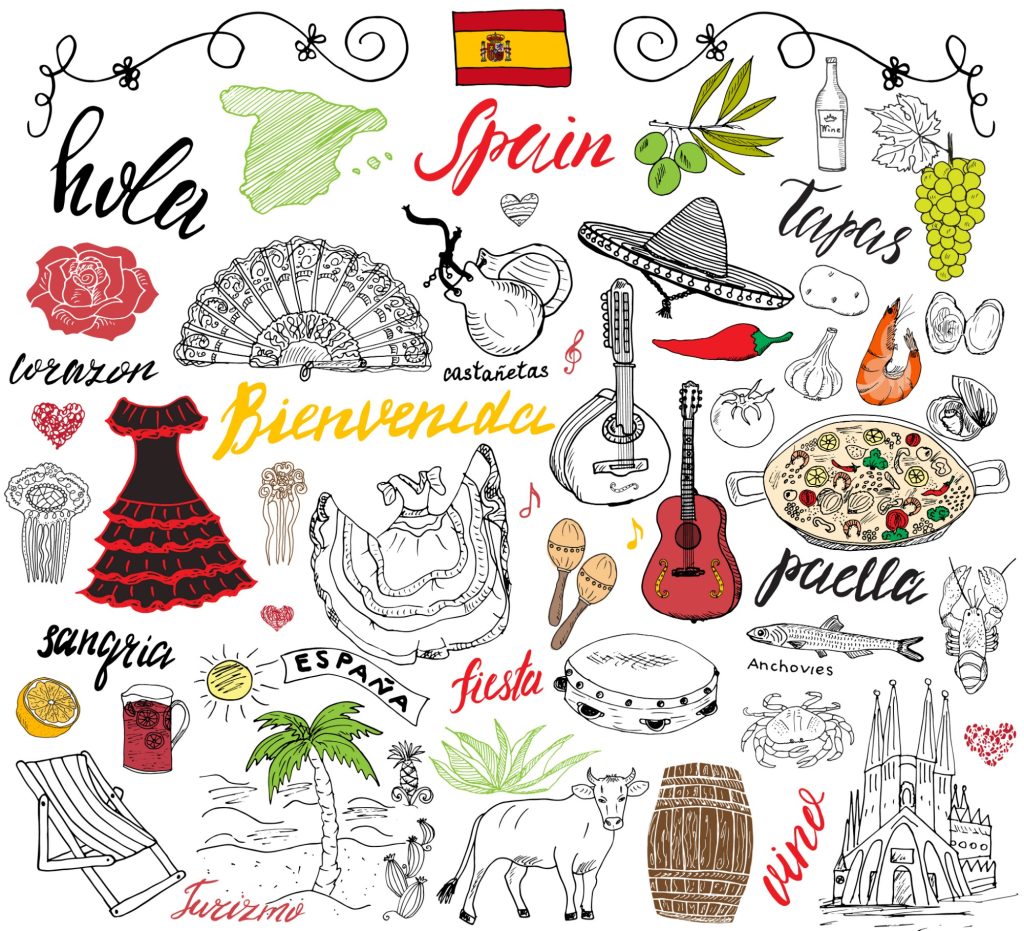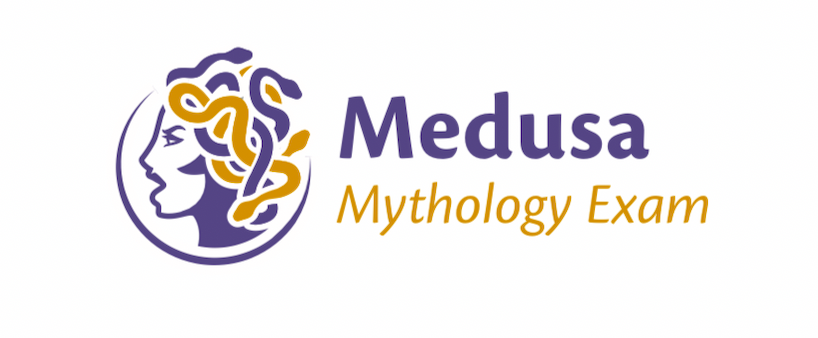Students who are interested in international relations and want to do related research
All levels
One-on-one and small group (Max. 7 students/class)
Class Introduction
International Relations is the study of interactions, the operation, and evolution of various international systems. The core of international relations is in political science and history, in connections with philosophy, law, geography, sociology, anthropology, psychology and other disciplines. Middle school students must become “citizens of the world,” by understanding how other people perceive the world, and establishing connections among these differences. Led by a Northeastern University professor, the course encourages students to think profoundly about global issues through researching on international relations.
Group courses will introduce commonly used methods in social science research. Students will learn new concepts, research methods, and applications of research and evaluation; learn how to analyze research critically; and propose an appropriate research project to illustrate important issues. One-to-one courses will help students write a research paper on a topic of interest.
Students will learn research methods and structures, how to use theoretical frameworks, develop research questions, and the correct APA citation format.
After completing this course, students will have an 8-15 page research paper, receive a recommendation letter from the teacher, and a certificate of completion from Aralia Education.
Outcome
- Completed an original 15-page research paper.
- Developed an original intellectual position, effectively defined and argued it.
- One recommendation letter from the teacher.
- 1 final academic report from the teacher.
- 1 Aralia Research Program Certificate.
Research Topics
- What are trade wars and who do they benefit?
- You have been asked to write a series of papers for the National Security Council (NSC) covering two important issue areas: human rights and the environment. Topics you will cover include but are not limited to: the rights of women, the rights of children, human trafficking, child soldiers, protection of speech and political activities (for example Russia, Turkey, China), protection from discrimination based upon ethnicity, race or religion, clean air, global warming, and access to sufficient and clean water, refugee policy, immigration policy.
- What is globalization? How do we measure it? What have been some pros and cons of globalization?
- What is the best approach to reduce corruption in the government? Using Transparency International data, choose a country and write a report of the situation along with your policy recommendations
- Based on the work from Freedom House, how democratic is the world today? What does Internet Freedom mean? What is the projection that you expect to see in the world in the next 5 years?
- Is Twitter censoring Donald Trump? What is free speech? What would you recommend to the leaders of Twitter and Facebook to do?
Course Content
Lesson | Topics |
1 | Overview of the course syllabus |
2 | Purpose of Study |
3 | Theoretical Frameworks |
4 | How to Conduct a Literature review |
5 | Research design |
6 | Data Analysis |
Feedback
Students and their parents will receive brief feedback after each class regarding the student’s general participation in class. Students will also receive feedback on graded assignments via email.
Schedule
4 group classes (2 hours each) and 7 one-on-one class (1 hour each)














